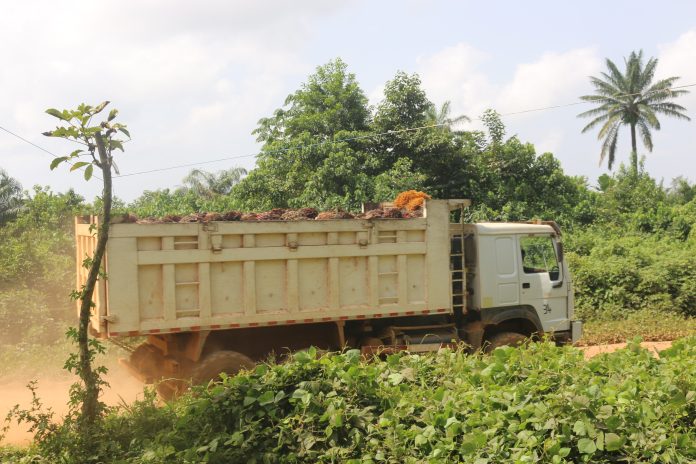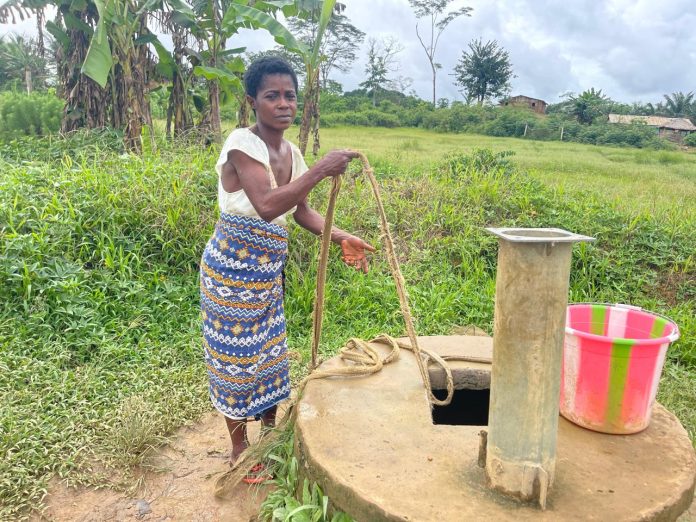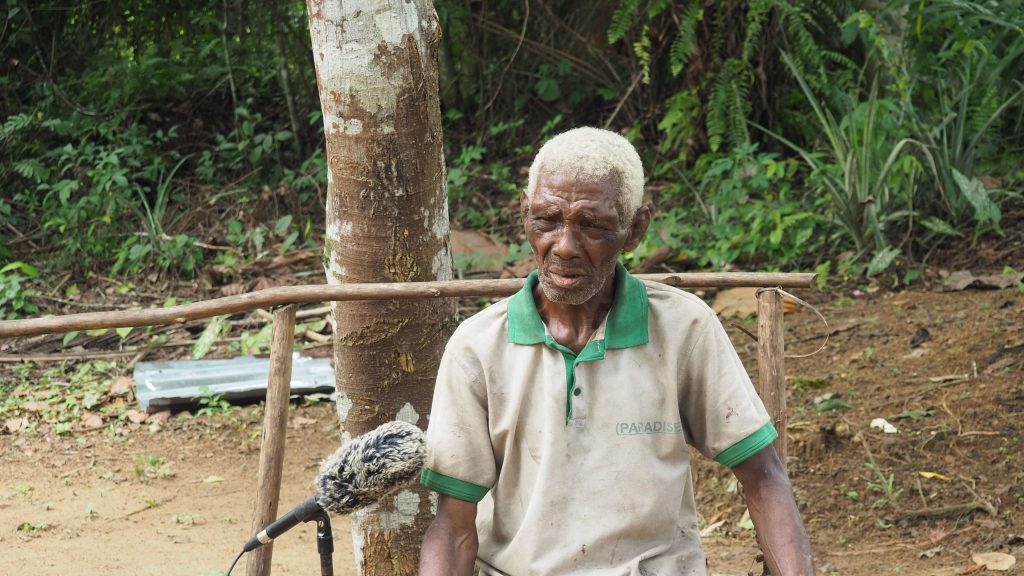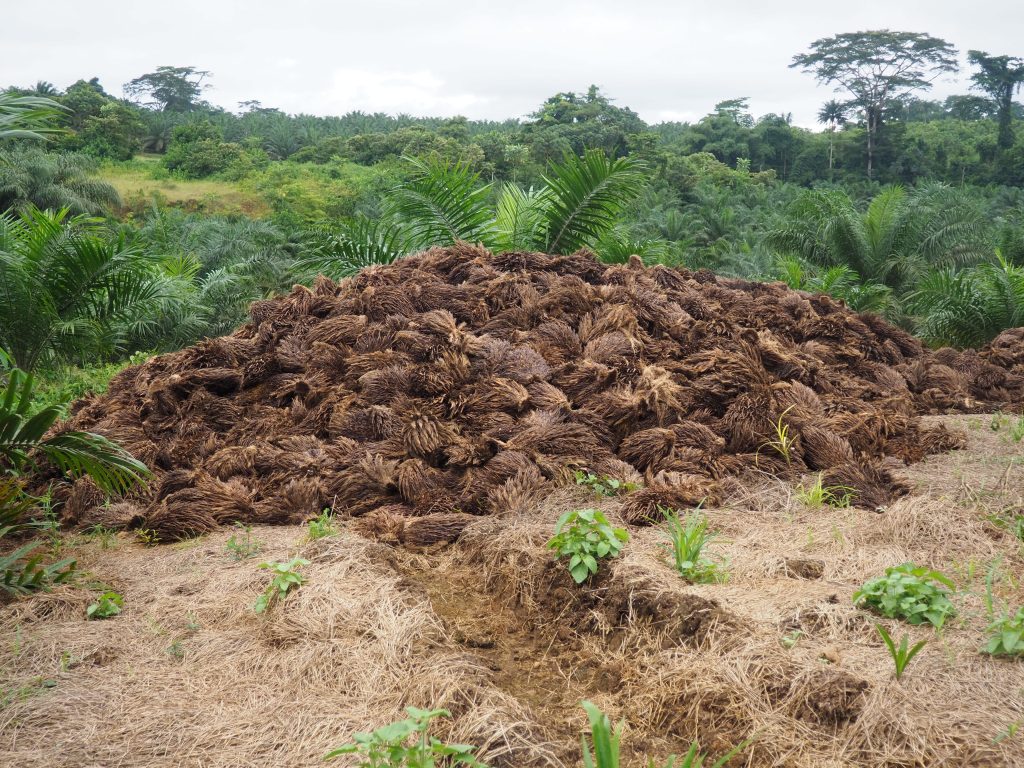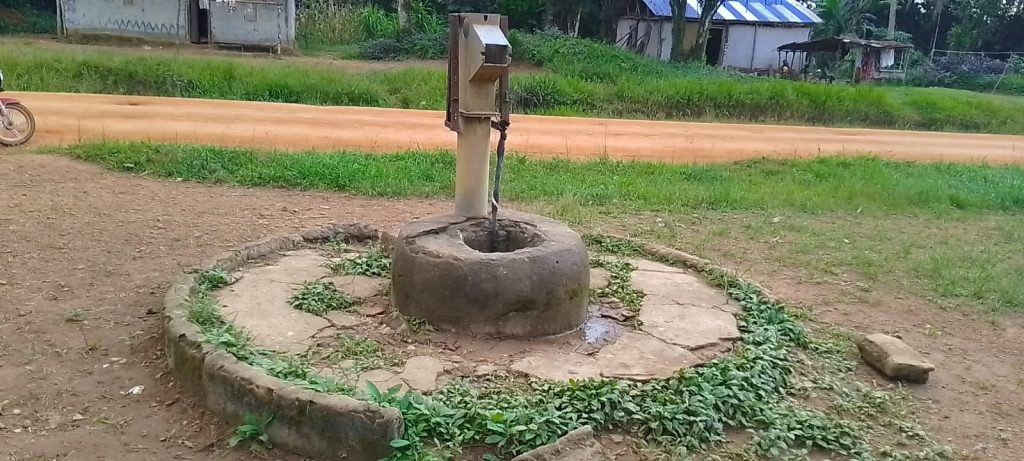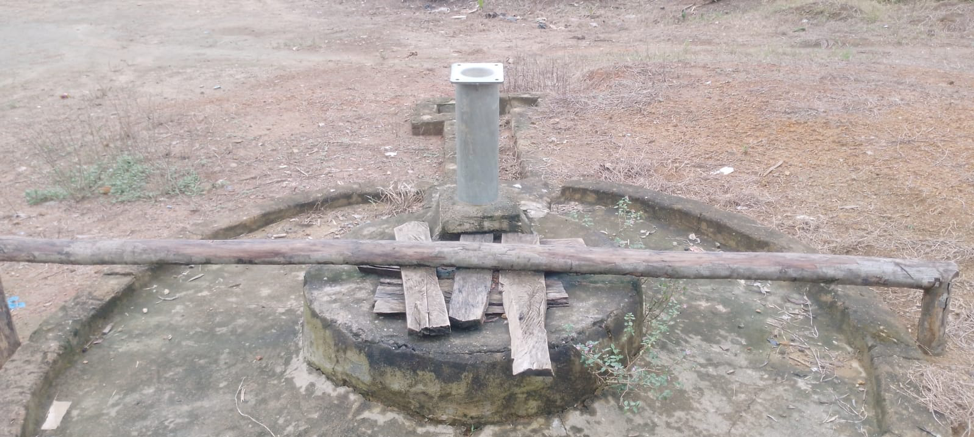Top: A GVL truck transporting palm bunches in January 2023. The DayLight/James Harding Giahyue
By Matenneh Keita
DU-WOLEE, Sinoe County – Golden Veroleum Liberia (GVL) is progressing with a new MoU with affected communities in Sinoe’s Kpanyan District. However, that progress comes six years after the deadline given by the global oil palm industry’s regulator.
In 2018, the Roundtable on Sustainable Palm Oil (RSPO) ordered GVL to turn its current MoU with the Du-Wolee Nyennue Township into a permanent one within a month. The RSPO threatened to terminate GVL’s membership with the regulator, which could hurt the company’s brand.
But over six years after that order, GVL has not signed the new MoU, though it has recently relatively complied. The company presented locals with a daft MoU for the township’s input, according to several people The DayLight interviewed.
“We went to work, we finished with everything. Now we are coming to carry [the MoU] to them,” said Stephen Browne, Du-Wolee land rights committee’s chairman.
Progress followed pressure from the community. Augustine Jerbo, a member of Du-Wolee’s MoU committee, said townspeople had given GVL a year to draft the MoU. In March last year, the company presented the draft.
Liberia’s largest oil palm company, GVL signed a 65-year agreement with the country in 2010, covering 220,000 hectares of land in Sinoe, Maryland, Grand Kru, River Gee and River Cess. The deal costs US$1.6 billion.
After the agreement, GVL signed an MoU with Du-Wolee Nyennue, guaranteeing the company over 2,367 hectares in the township. However, it obligates GVL to build clinics, schools and roads, and provide water for communities affected by its operations.
In 2013, Du-Wolee Nyennue joined other communities to file a complaint against GVL with the RSPO. The township accused GVL of encroaching on their land and coercing them to sign an MoU.
In 2018, the RSPO confirmed the accusations and ordered GVL to redo the MoU. The watchdog commanded GVL to work with the Liberian government to settle boundary disputes related to lands it sought to develop.
GVL is complying with the order, based on documents and interviews with representatives of the townspeople.
The National Bureau of Concessions (NBC) is working with the communities to develop the MoU. “We are right now at the point of finalizing the type of MoU,” then-Director General Edwin Dennis told The DayLight in July.
“Either we consolidate all those MoUs into one MoU, addressing all of the issues or keeping [the MoU] community-specific,” Dennis added. He said NBC’s legal department worked with the communities but disclosed he was unaware of the RSPO’s order.
Similarly, GVL has obeyed the RSPO’s order not to develop 463 hectares between Du-Wolee Nyennue and its neighbor Numopoh. However, there is an issue regarding a claim the company made last month.
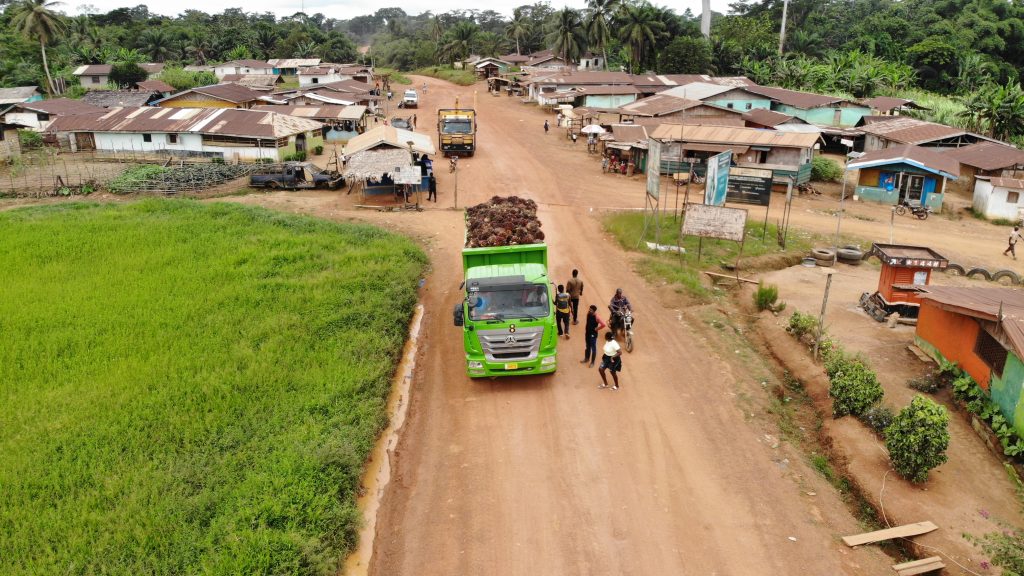
In a recent report, GVL appears to mislead the RSPO that the Liberia Land Authority had “decided” on the conflict’s “results.” The company said it would communicate the results to both communities between now and the end of the year.
But in an interview on the sidelines of the just-ended National Land Conference in Ganta, Nimba County, the Chairman of the Land Authority Adams Manobah dismissed GVL’s claim.
“We are still waiting for the concession to provide the support so that we can have a definitive line between the two communities. Until that is done, the issue is not really resolved yet,” Manobah told The DayLight.
Proforest, a UK nonprofit, worked with the Land Authority, the NBC and other government institutions over the dispute.
Earlier in May this year, Proforest presented its findings, according to an RSPO document. The document said the RSPO would determine the findings.
Also, GVL has been late with reports on its compliance with the RSPO’s order. late. The company only filed the April-June report earlier last month, over 60 days after the quarter ended. It did the same for the January-March report. Typically, quarterly reports are made up to two weeks after the end of each quarter.
In all, GVL celebrates the progress. “We have actively reviewed all of our MOUs and are working directly with communities to provide clarity and resolution in cases where commitments are disputed or have not been fulfilled,” it stated in an August email.
The MoU is currently with the Du-Wolee MoU committee, according to Daddy Nyenswah, its chairman. Nyenswah said Du-Wolee Nyennue’s residents had made input in the document and next was the Monrovia-based citizens of the township.
“When this MoU is signed…, we hope that all that has been placed in the MoU should come to pass,” said Jerboe, Nyenswah’s colleague.
“It should not be like the first one that GVL is not complying with most of the things that were placed there.”
Green Livelihoods Alliance provided funding for this story. The DayLight maintained editorial independence over the story’s content.

